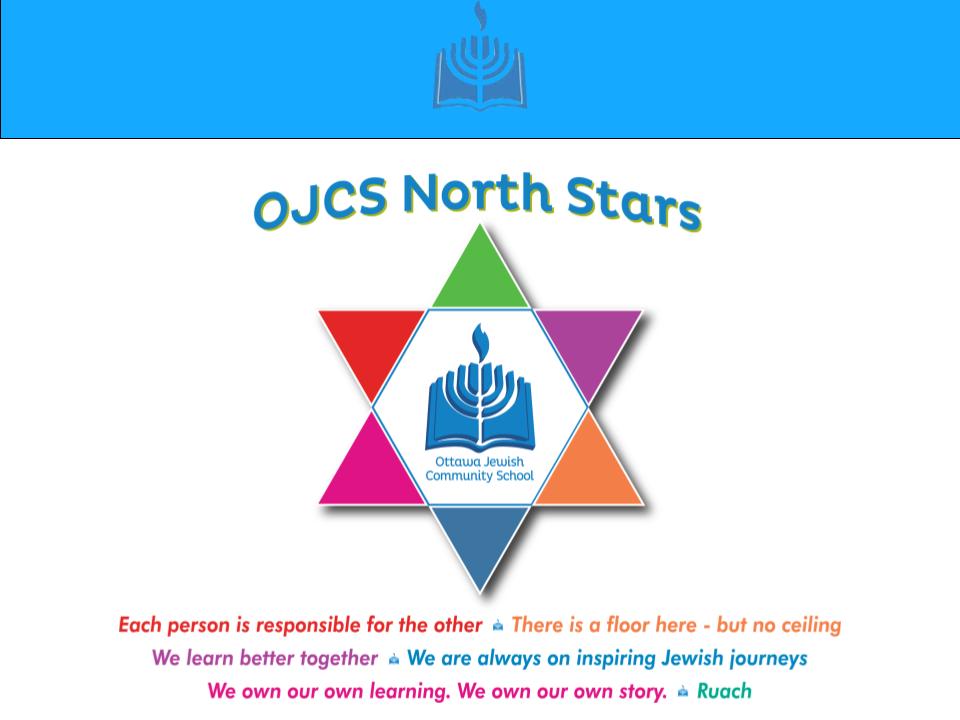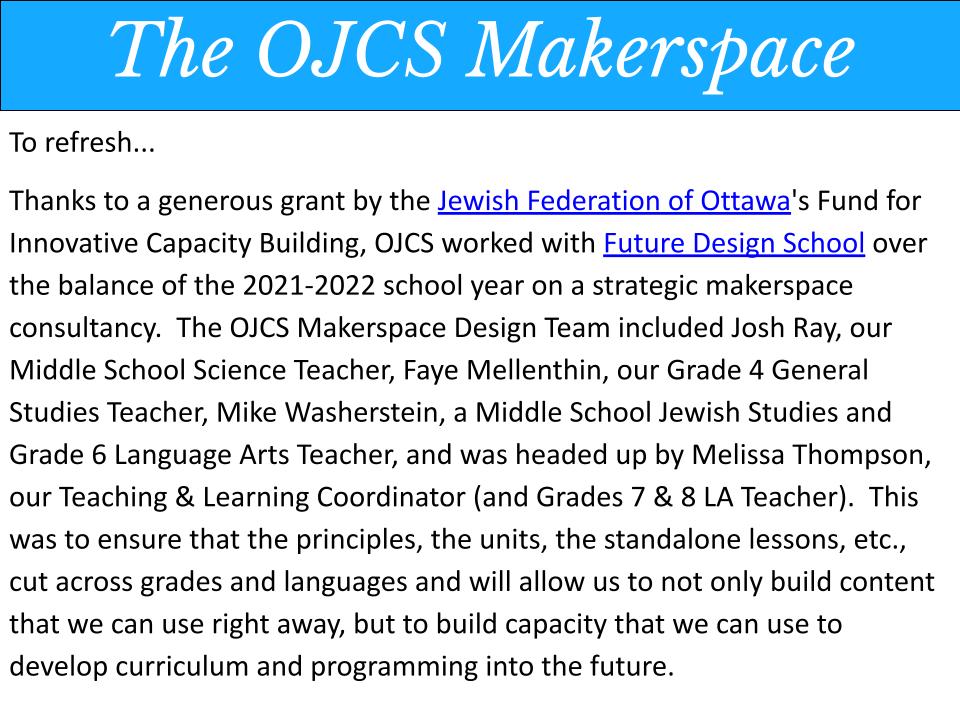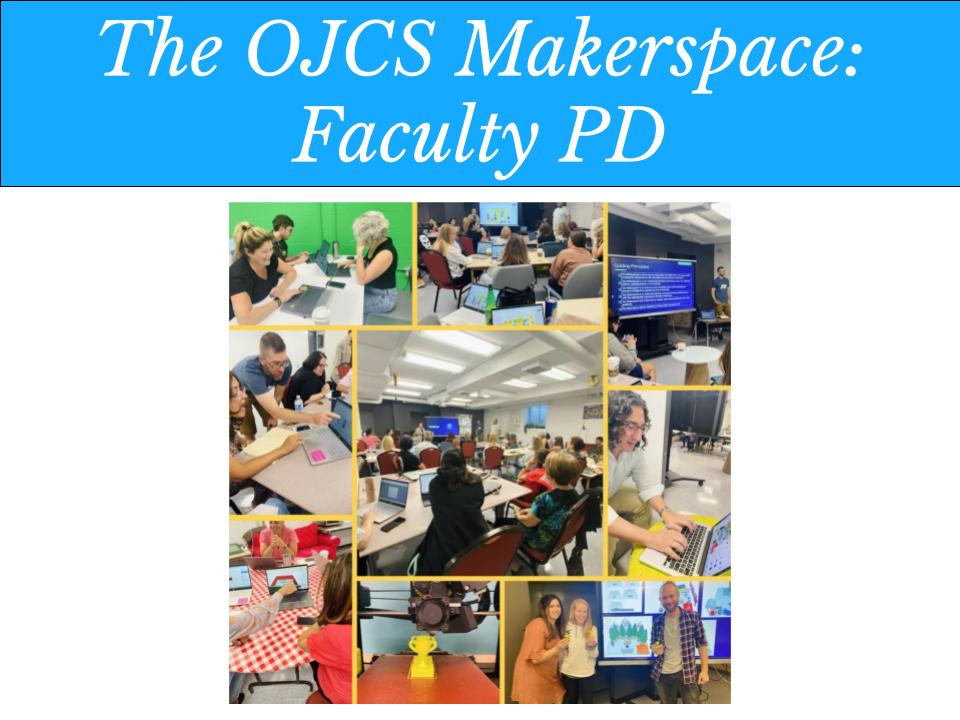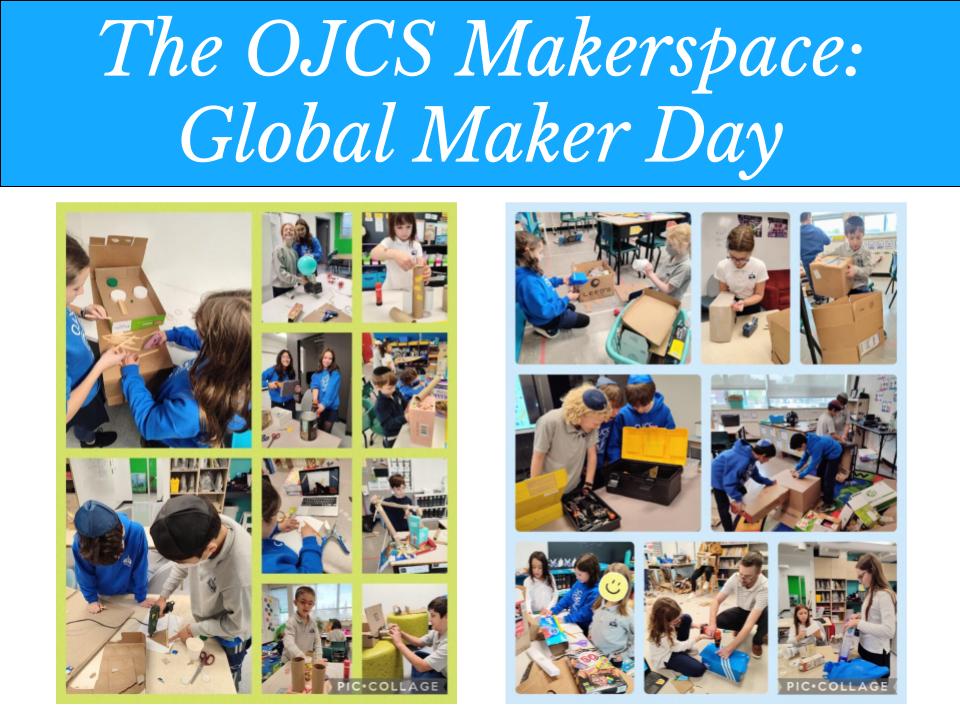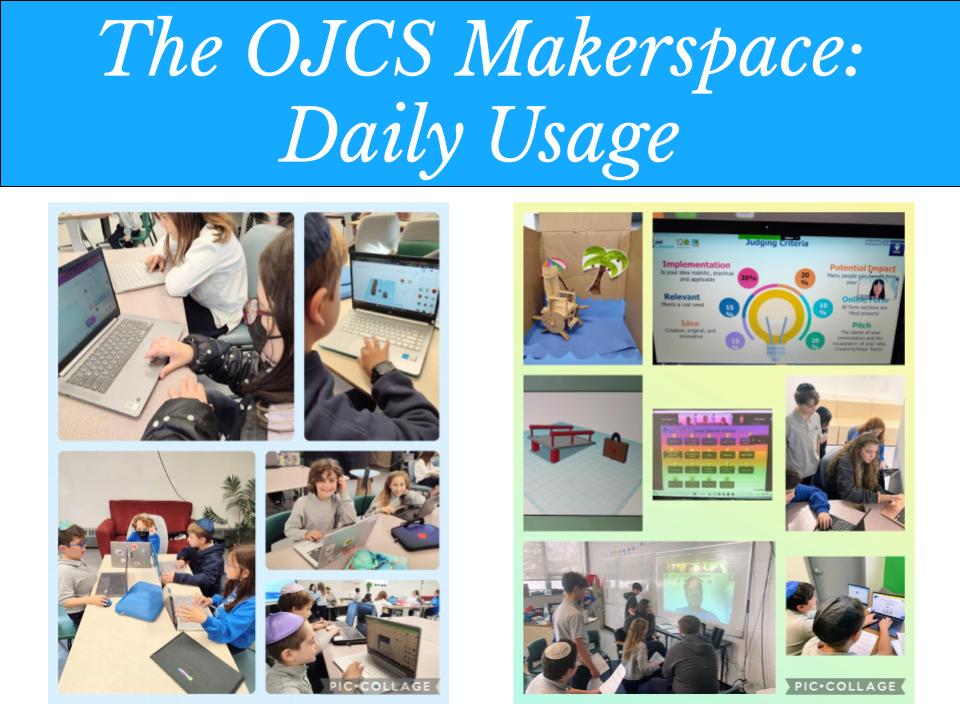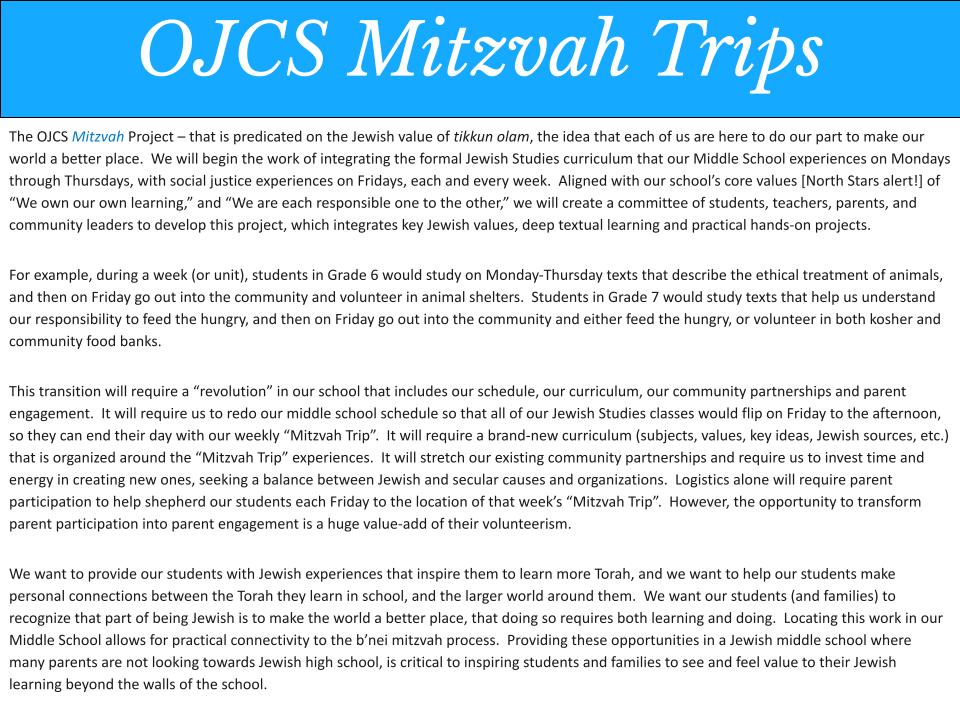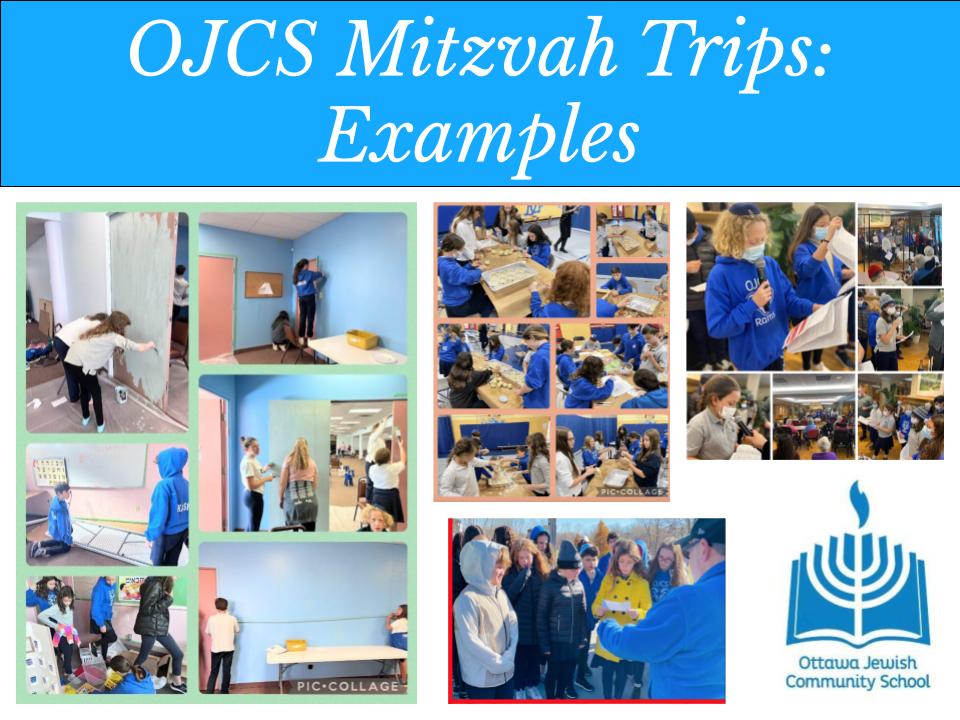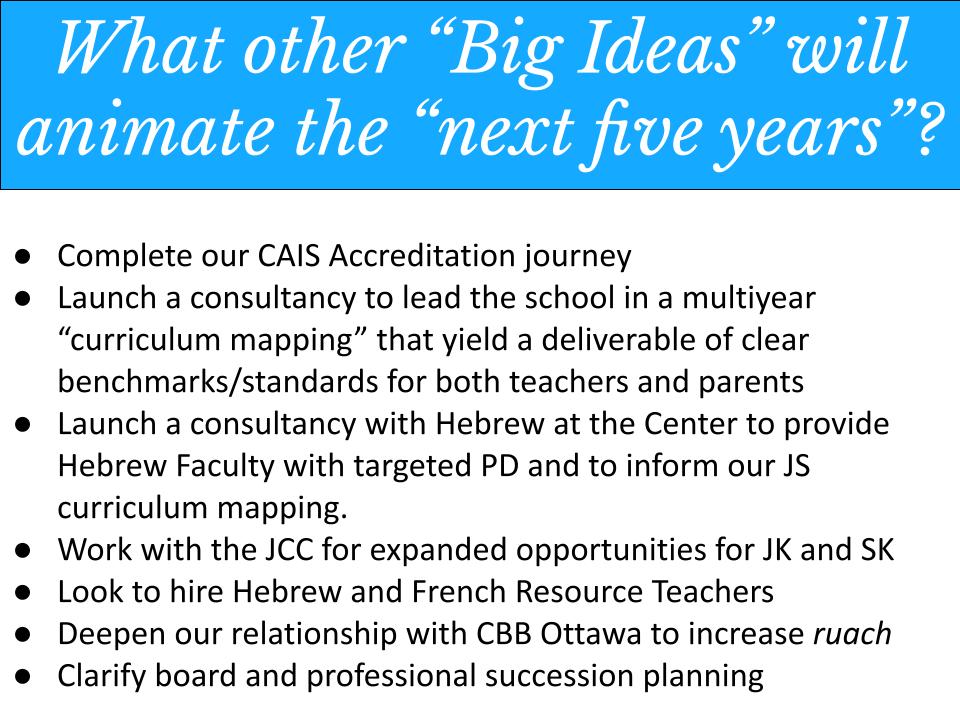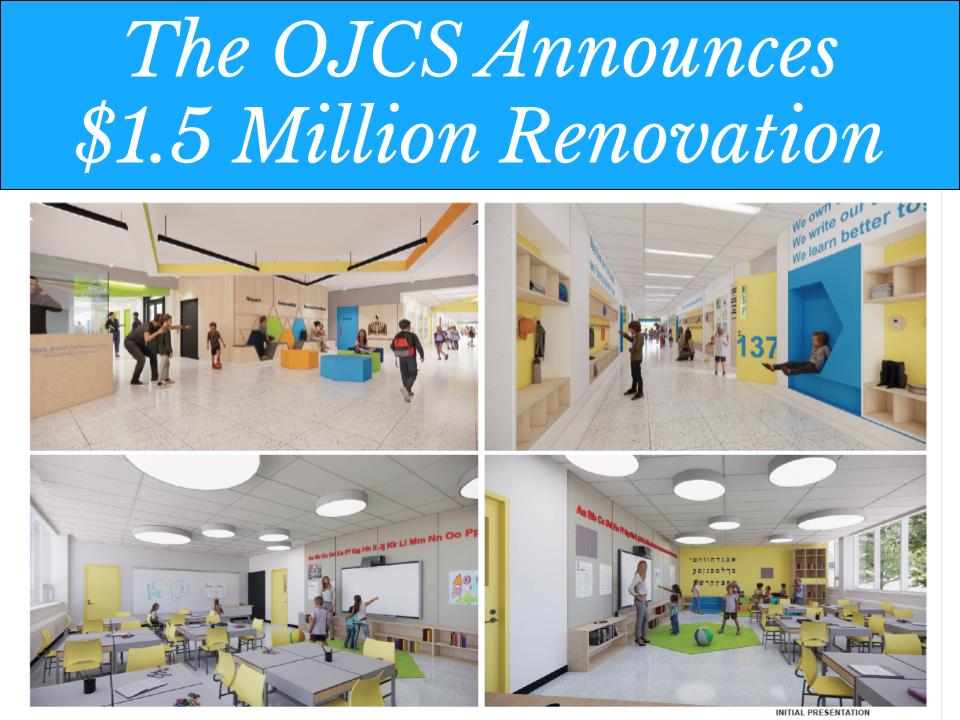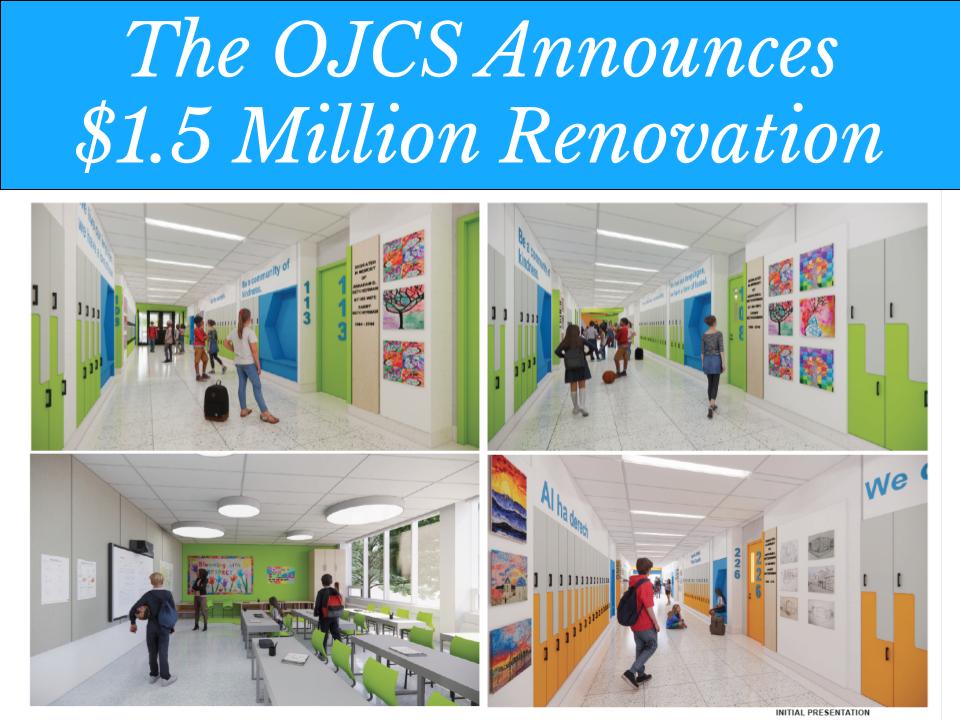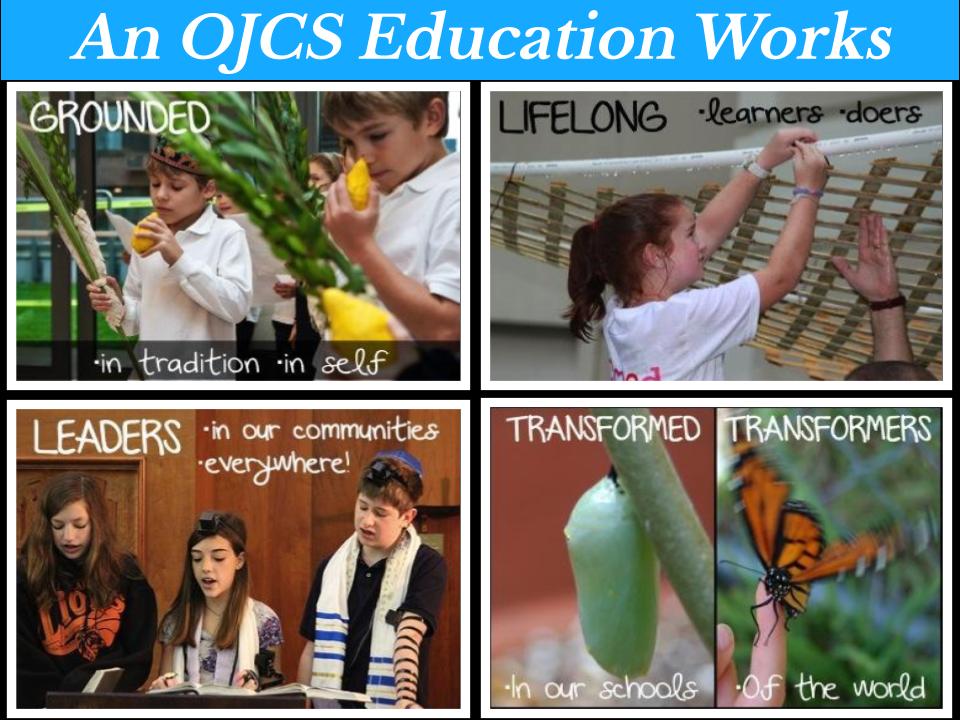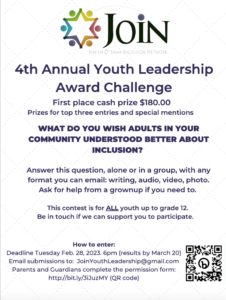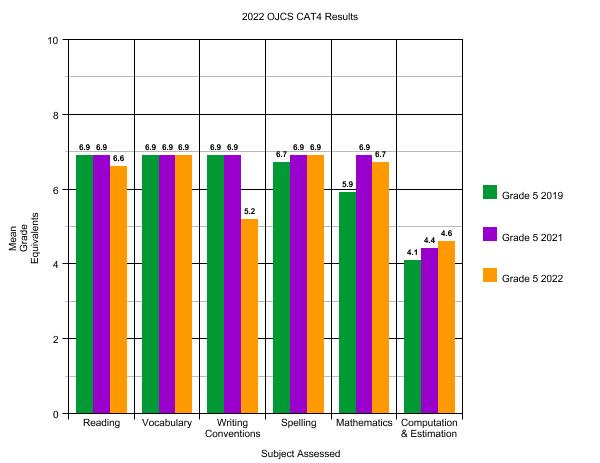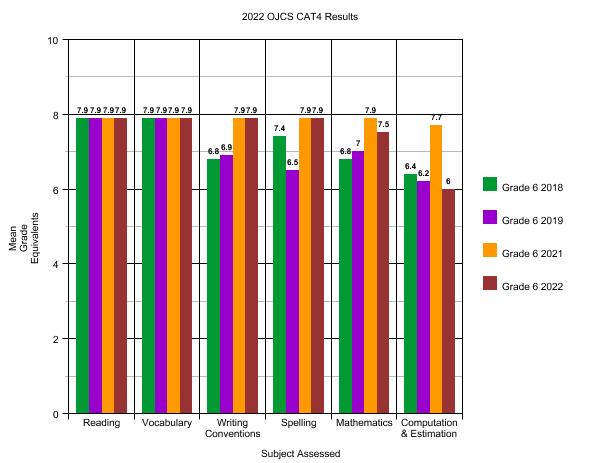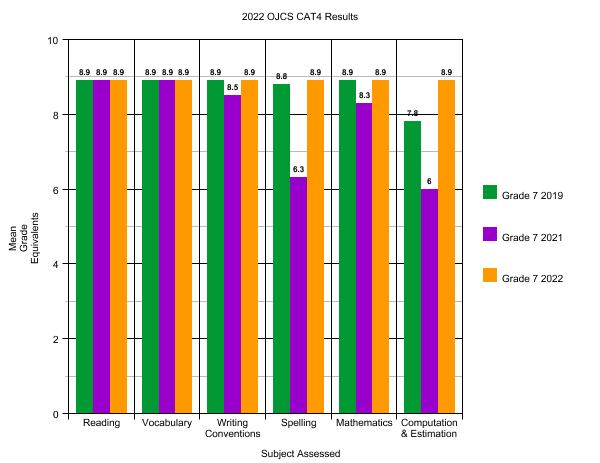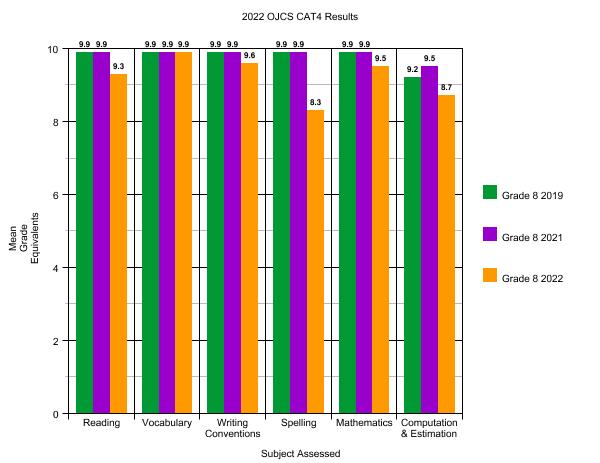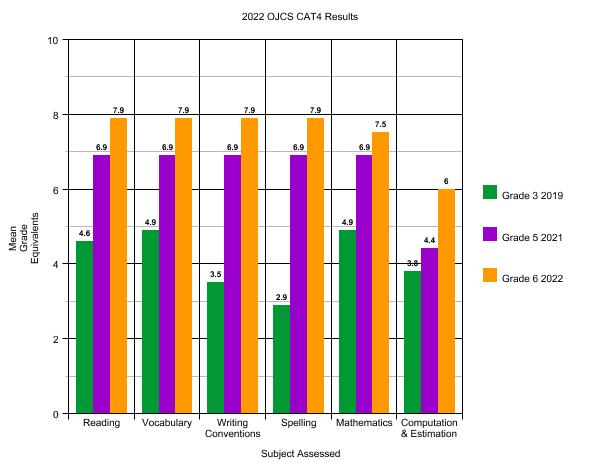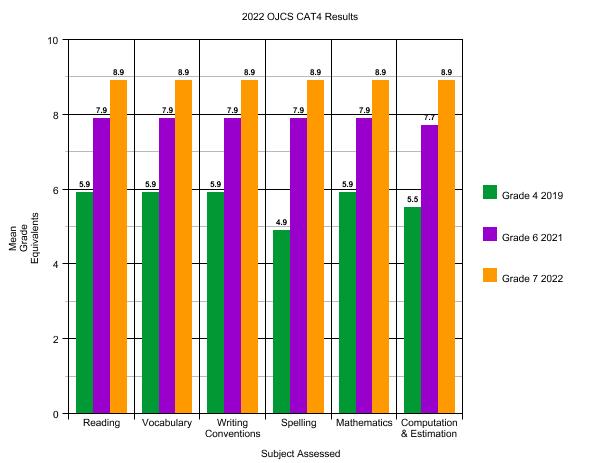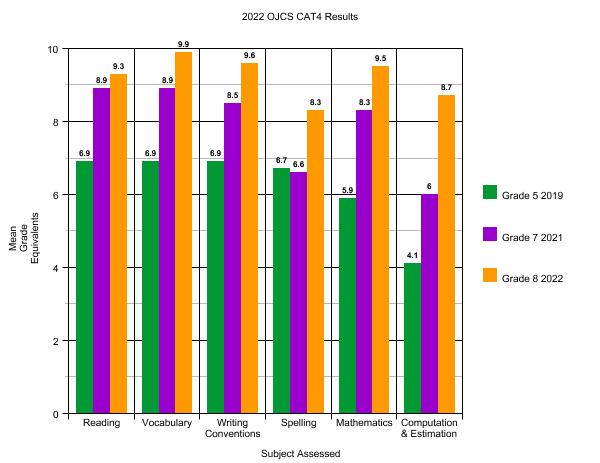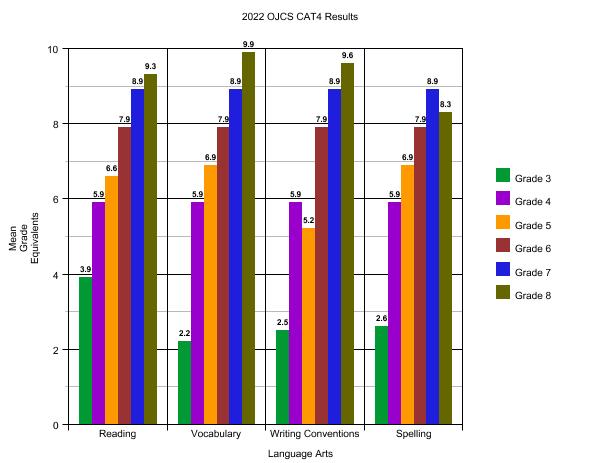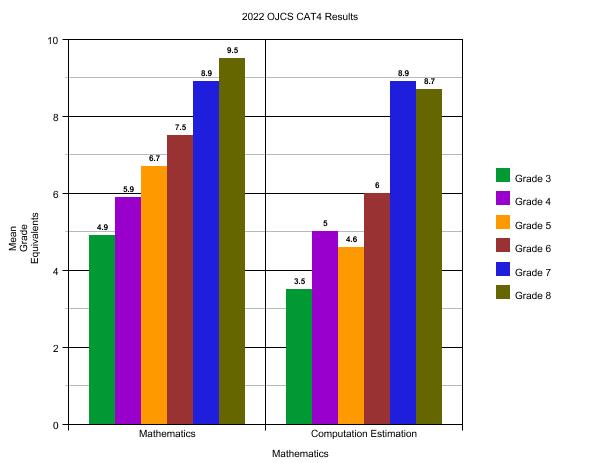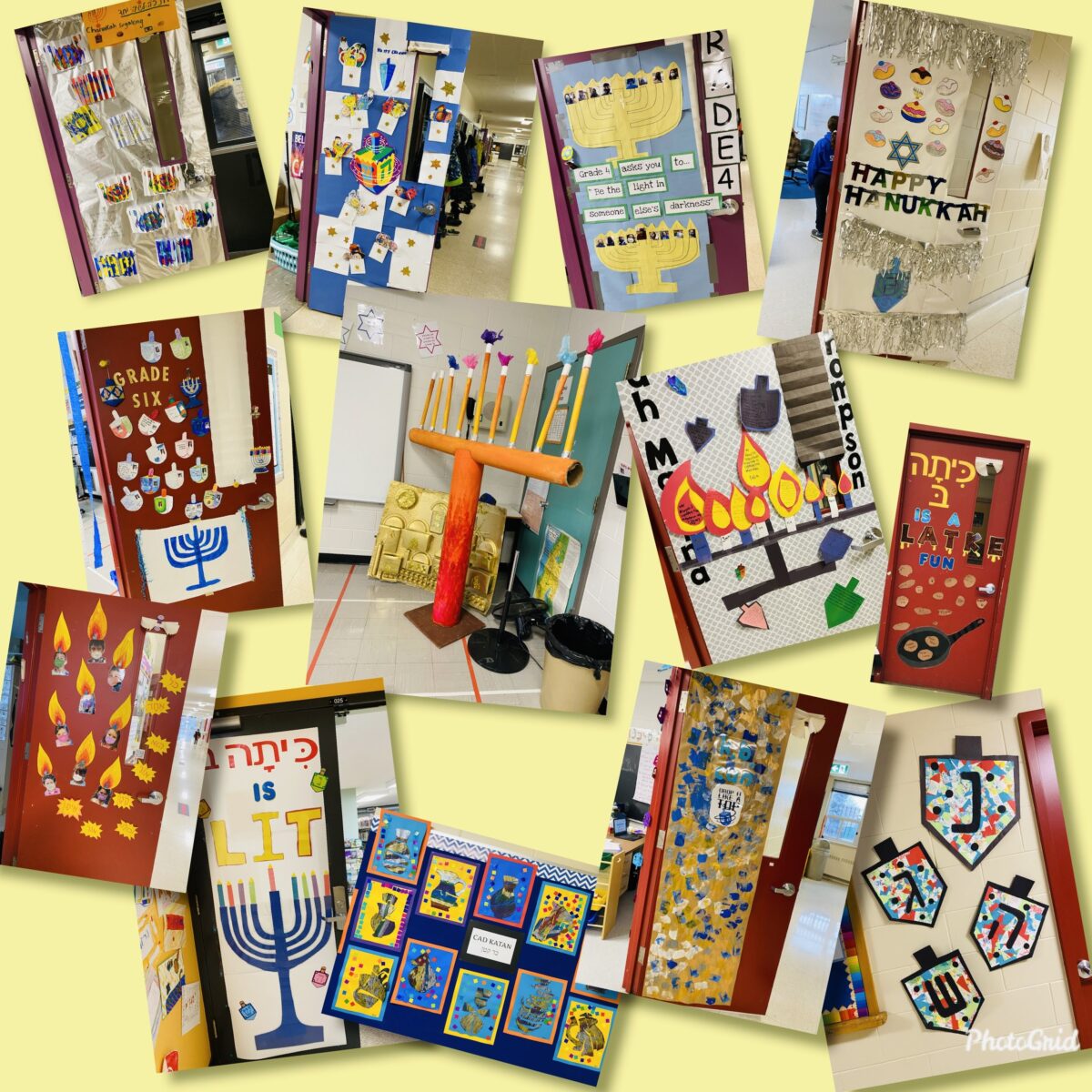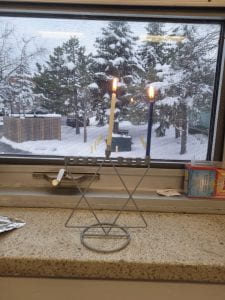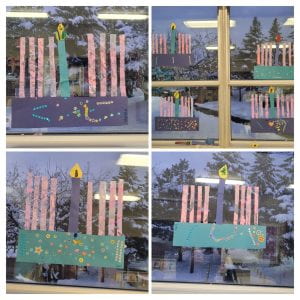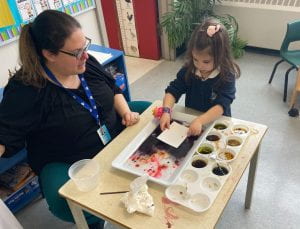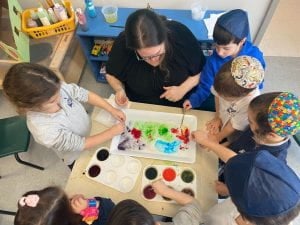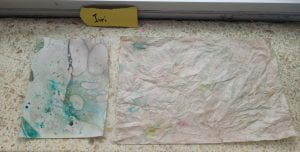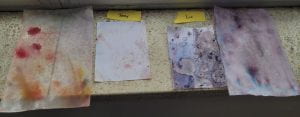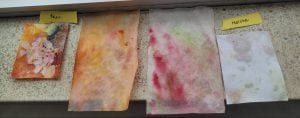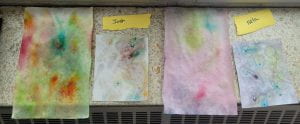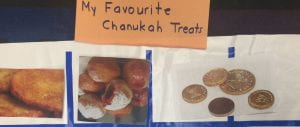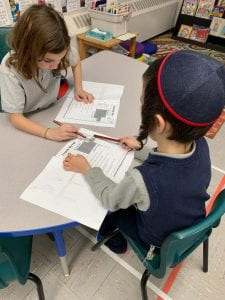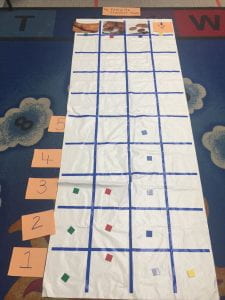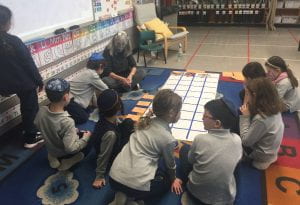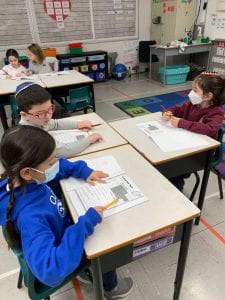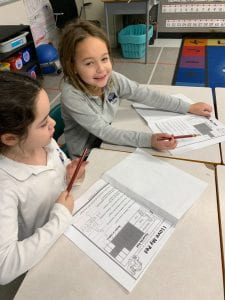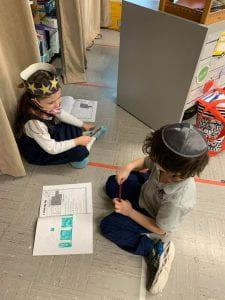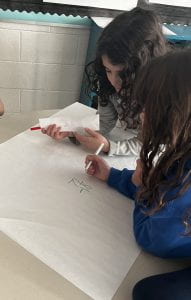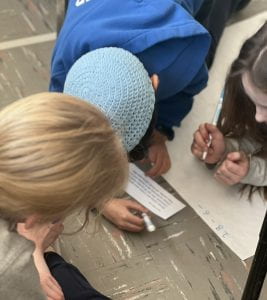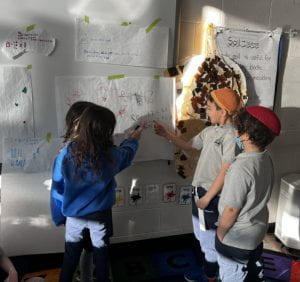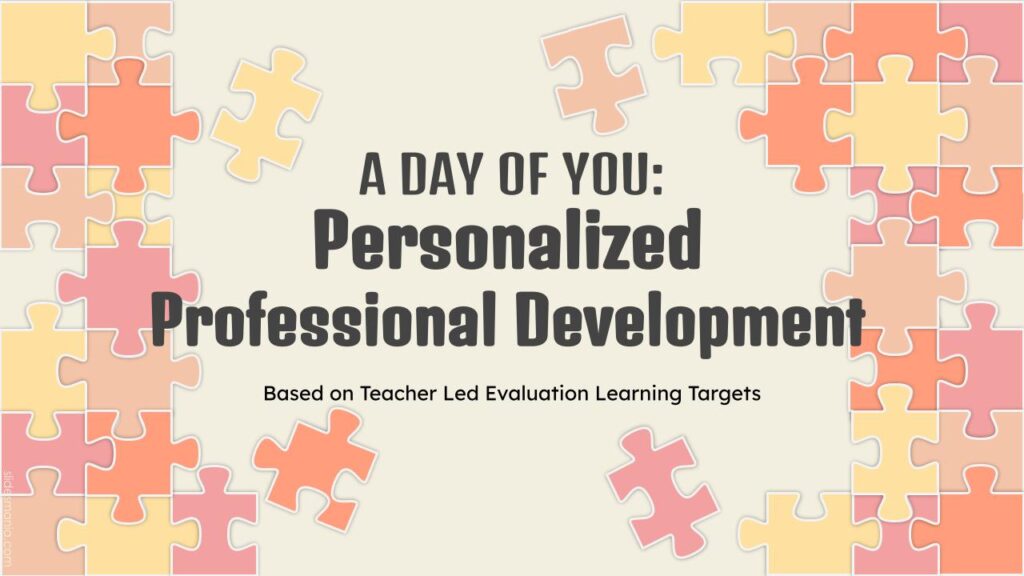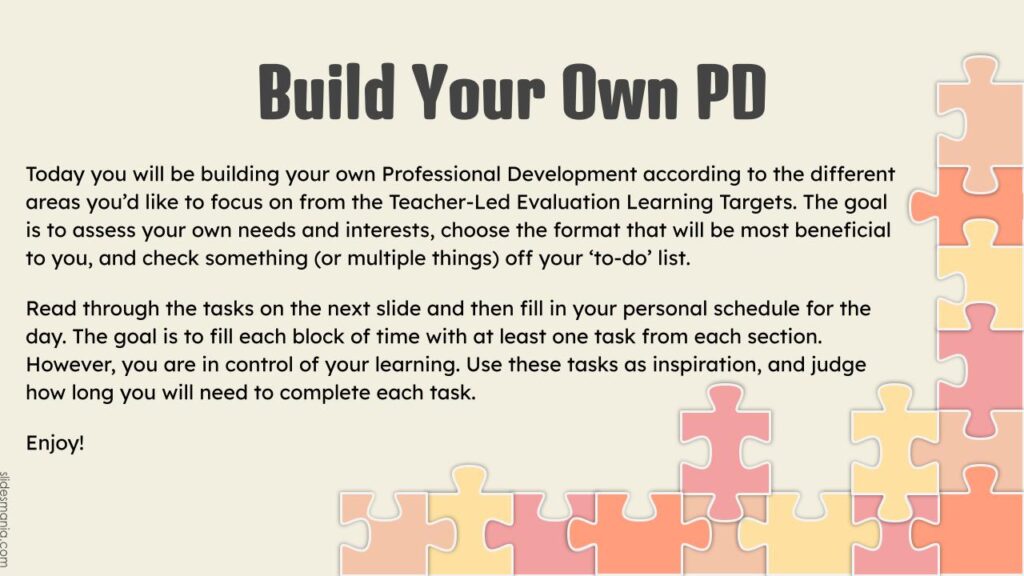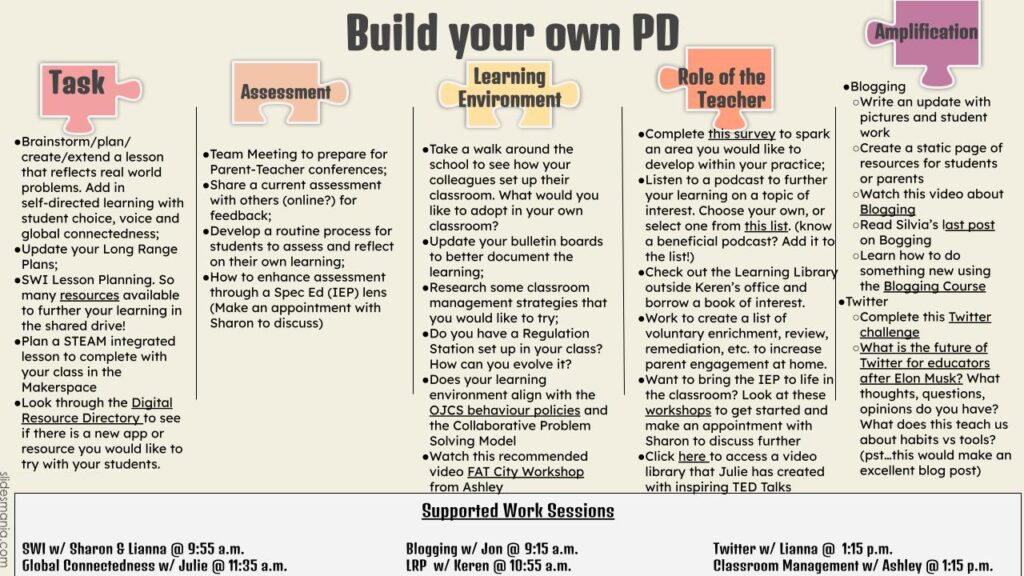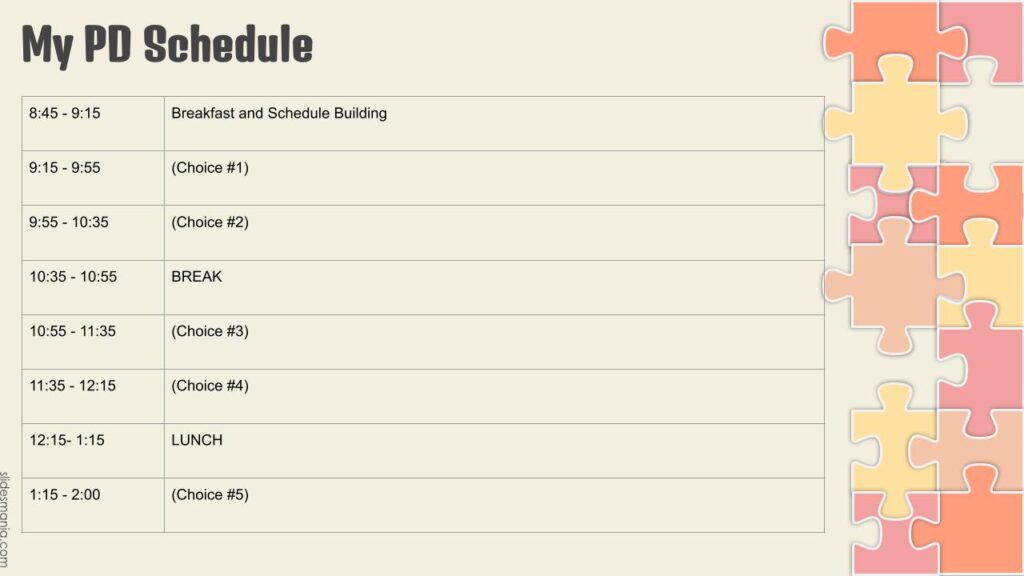I can assure you that this regular reminder of our student blogfolios with its concomitant plea for your visitation is not a function of being out of ideas of what to say (or because I have been busy making costume changes all Ruach Week!). It is also not a function of believing that blogging is the primary or most important thing that we do at OJCS – it is not. But because blogs and blogfolios do makeup the spine of which much else is built around; and because they are outward facing – available for you and the general public to read, respond and engage with – I do want to make sure that I keep them top of mind.
For most of my professional life, I have had two children in (my) schools where they maintained blogfolios. I subscribed to them, of course, but I am not going to pretend that I read each and every posting, and certainly not at the time of publication. So this is not about shaming parents or relatives whose incredibly busy lives makes it difficult to read each and every post. As the head of school where blogfolios are part of the currency, I try to set aside time to browse through and make comments – knowing that each comment give each student a little dose of recognition and a little boost of motivation. But I am certainly not capable of reading each and every post from each and every student and teacher!
When I am able to scroll through, what I enjoy seeing the most is the range of creativity and personalization that expresses itself through their aesthetic design, the features they choose to include (and leave out), and the voluntary writing. This is what we mean when we talk about “owning our own learning” and having a “floor, but not a ceiling” for each student. [North Star Alert!]
It is also a great example of finding ways to give our students the ability to create meaningful and authentic work. But, it isn’t just about motivation – that we can imagine more easily. When you look more closely, however, it is really about students doing their best work and reflecting about it. Look at how much time they spend editing. Look at how they share peer feedback, revise, collaborate, publish and reflect.
Even having come out of COVID-functioning, our classroom blogs and student blogfolios remain important virtual windows into the innovative and exciting work happening at OJCS. In addition to encouraging families, friends and relatives to check it out, I also work hard to inspire other schools and thought-leaders who may visit my blog from time to time to visit our school’s blogosphere so as to forge connections between our work and other fellow-travelers because we really do “learn better together” [North Star Alert!]
So please go visit our landing page for OJCS Student Blogfolios. [Please note that due to privacy controls that some OJCS students opt for avatars instead of utilizing their first names / last initials which is our standard setting. That may explain some of the creative titles.]
Seriously go! I’ll wait…
…
…
English, French and Hebrew; Language Arts, Science, Math, Social Studies, Jewish Studies and so much more…our students are doing some pretty fantastic things, eh?
I will continue to encourage you to not only check out all the blogs on The OJCS Blogosphere, but I strongly encourage you to offer a quality comment of your own – especially to our students. Getting feedback and commentary from the universe is highly motivating and will help this snowball grow as it hurtles down the hill of innovative learning.


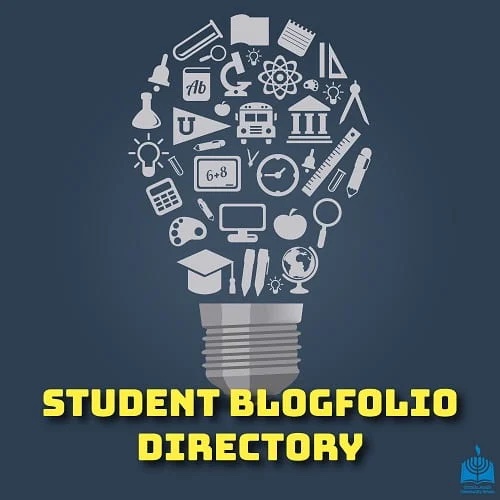
![What Is The Impact of ChatGPT on Jewish Day School Education? [M. Night Shyamalan Spoiler Alert]](https://jonmitzmacher.com/wp-content/uploads/2023/03/istockphoto-1223789403-612x612-1.jpeg)


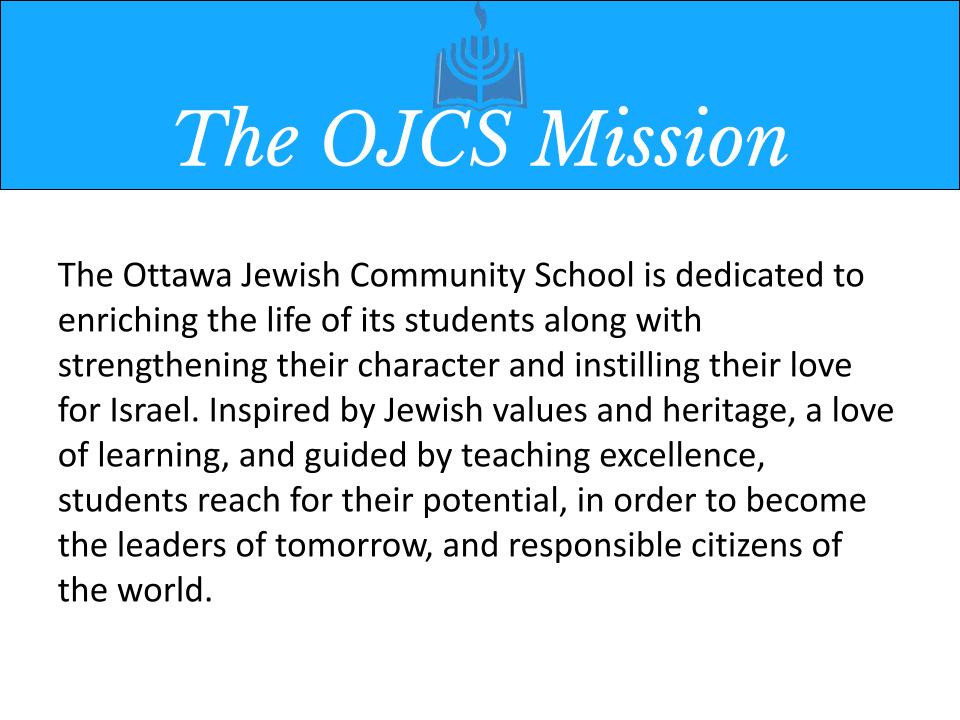
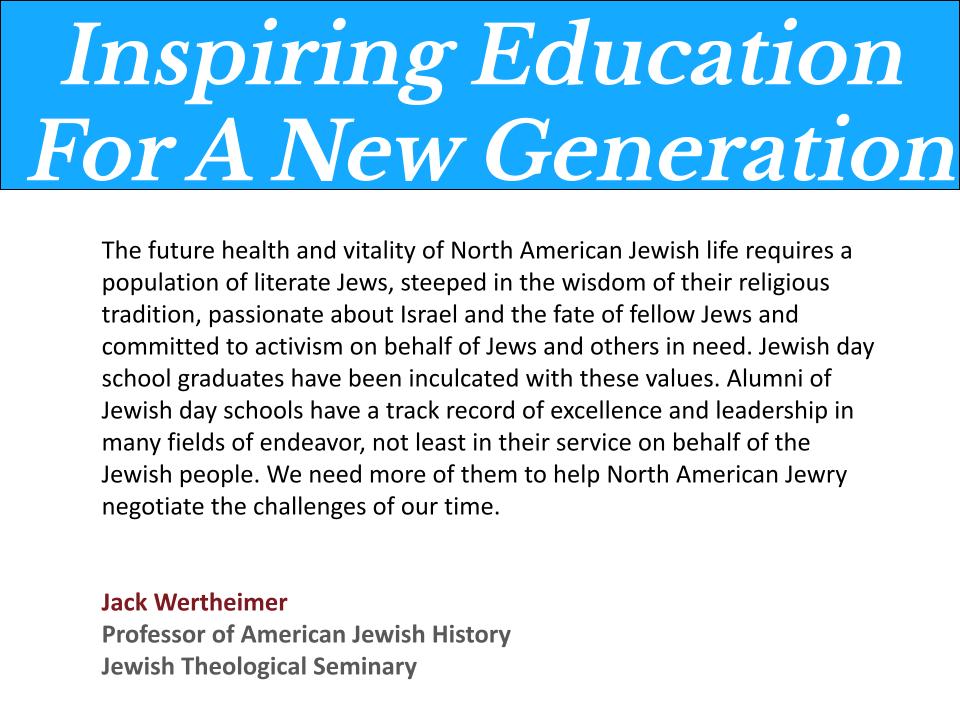
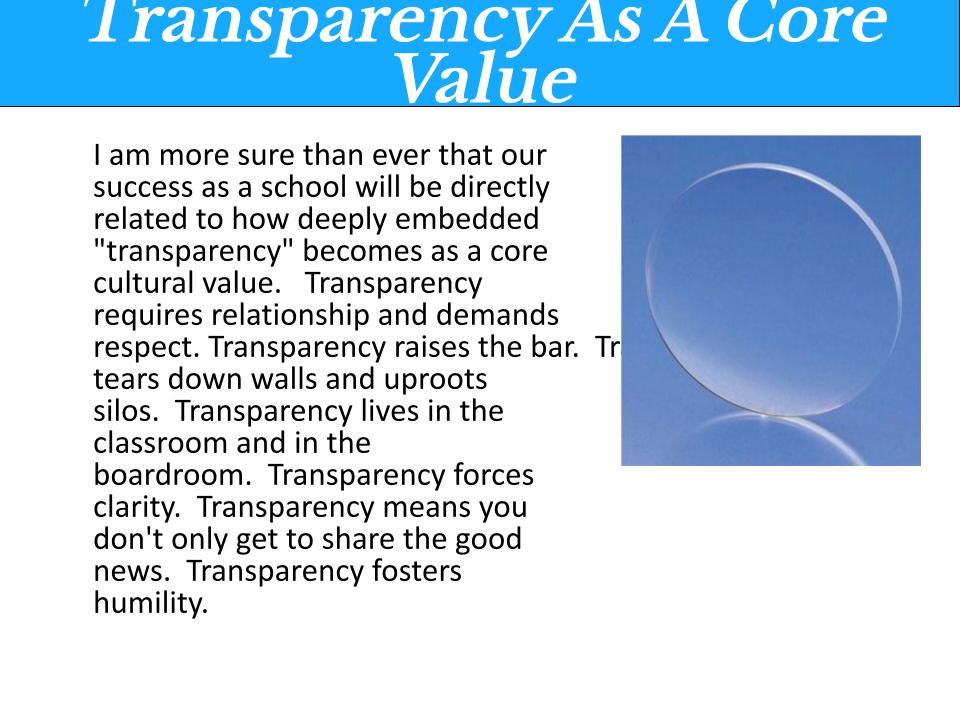 And nice reminder about our “who”…
And nice reminder about our “who”…